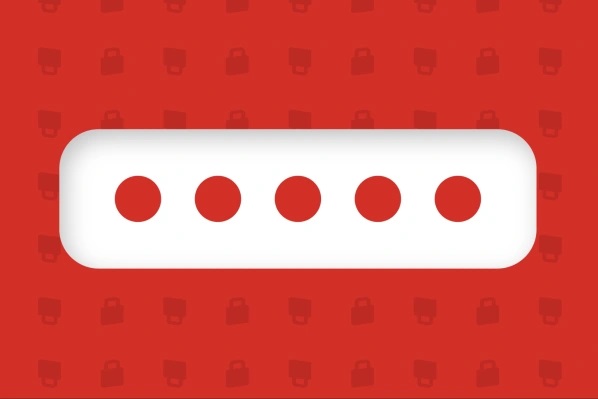
It’s time to start changing your passwords
assword manager giant LastPass has confirmed that cybercriminals stole its customers’ encrypted password vaults, which store its customers’ passwords and other secrets, in a data breach earlier this year.
In an updated blog post on its disclosure, LastPass CEO Karim Toubba said the intruders took a copy of a backup of customer vault data by using cloud storage keys stolen from a LastPass employee. The cache of customer password vaults is stored in a “proprietary binary format” that contains both unencrypted and encrypted vault data, but technical and security details of this proprietary format weren’t specified. The unencrypted data includes vault-stored web addresses. It’s not clear how recent the stolen backups are.
LastPass said customers’ password vaults are encrypted and can only be unlocked with the customers’ master password, which is only known to the customer. But the company warned that the cybercriminals behind the intrusion “may attempt to use brute force to guess your master password and decrypt the copies of vault data they took.”
Toubba said that the cybercriminals also took vast reams of customer data, including names, email addresses, phone numbers and some billing information.
Password managers are overwhelmingly a good thing to use for storing your passwords, which should all be long, complex and unique to each site or service. But security incidents like this are a reminder that not all password managers are created equal and can be attacked, or compromised, in different ways. Given that everyone’s threat model is different, no one person will have the same requirements as the other.
In a rare shituation (not a typo) like this — which we spelled out in our parsing of LastPass’s data breach notice — if a bad actor has access to customers’ encrypted password vaults, “all they would need is a victim’s master password.” An exposed or compromised password vault is only as strong as the encryption — and the password — used to scramble it.
The best thing you can do as a LastPass customer is to change your current LastPass master password to a new and unique password (or passphrase) that is written down and kept in a safe place. This means that your current LastPass vault is secured.
If you think that your LastPass password vault could be compromised — such as if your master password is weak or you’ve used it elsewhere — you should begin changing the passwords stored in your LastPass vault. Start with the most critical accounts, such as your email accounts, your cell phone plan account, your bank accounts and your social media accounts, and work your way down the priority list.
The good news is that any account protected with two-factor authentication will make it far more difficult for an attacker to access your accounts without that second factor, such as a phone pop-up or a texted or emailed code. That’s why it’s important to secure those second-factor accounts first, like your email accounts and cell phone plan accounts.
https://techcrunch.com/
The U.S. government’s cybersecurity agency has warned that criminal financially motivated hackers compromised federal agencies using legitimate remote desktop software. CISA said in a joint advisory with the National Security Agency on Wednesday that it had identified a “widespread cyber campaign involving the malicious use of legitimate remote monitoring and management (RMM) software” that had targeted multiple […]
THE THREAT OF Facebook account takeovers always looms, whether they’re caused by attacks that steal users’ login credentials or hacks that, say, compromise users’ email accounts and exploit the access to launch rogue account recoveries. At the same time, though, Facebook users need to be able to regain access to their accounts if they forget […]
Okta has confirmed that it’s responding to another major security incident after a hacker accessed its source code following a breach of its GitHub repositories. The identity and authentication giant said in a statement on Wednesday that it was informed by GitHub about “suspicious access” to its code repositories earlier this month. Okta has since […]
Leave a Reply